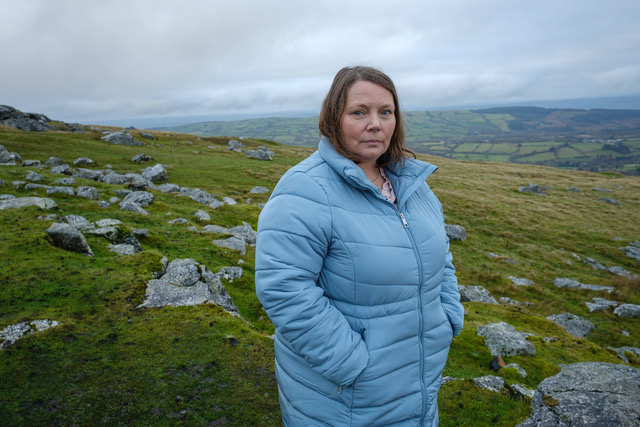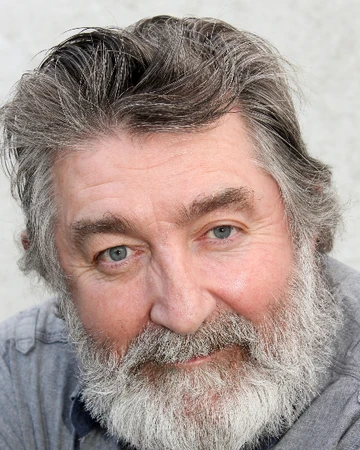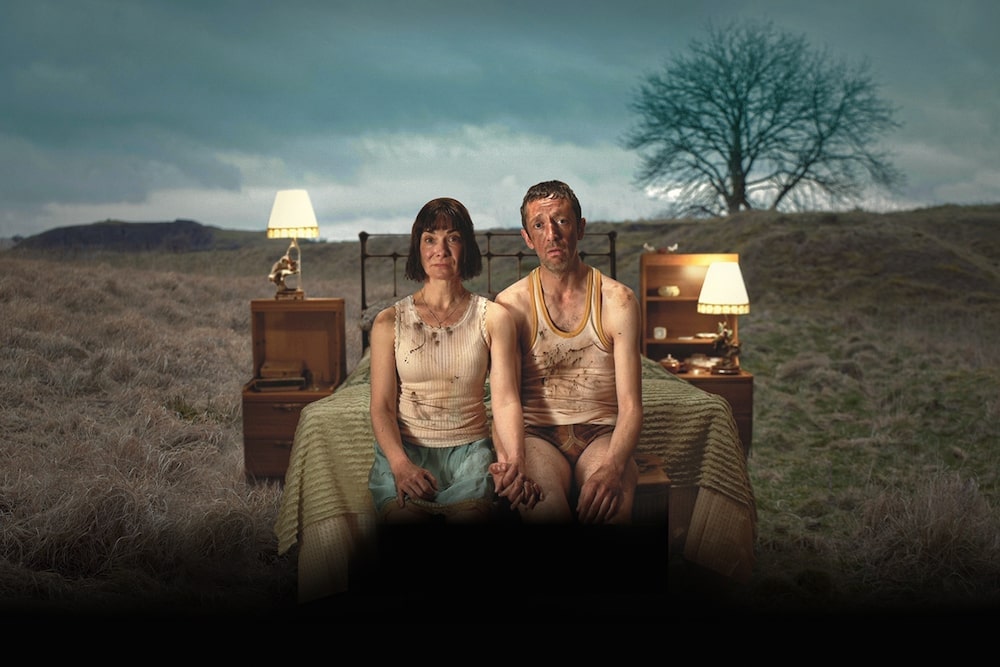
 (4 / 5)
(4 / 5)
“Hell’s Bells” is the phrase that sticks from Pren ar y Bryn / Tree on a Hill. “Bingo” too. Both are utterances of Clive, a quirky character, played by Rhodri Meilir, who is representative of this offbeat drama. Filmed in Welsh and English, the former went out on S4C around Christmas whilst the latter appeared on BBC Wales from Easter. And though both are fairly similar, there is something about Cymraeg that offers an eccentricity not quite matched in its Saesneg counterpart.
Right from the start, the programme is off-piste. The presence of a model village is symbolic of a dream-like quality that permeates into the lives of Penwyllt’s real-life inhabitants. The brass and percussion instruments of the soundtrack, resembling arhythmic, improvised jazz, add to its oddness with their chaos. It is at once tragic and comic – a duality that runs through the series like a winding river. The titles are reminiscent of a B-movie; and indeed, complete with the music and faded colour palette, could have easily come from the 1950s. The addition of a rather outlandish murder plot and several strange occurrences mean that, in some ways, Pren ar y Bryn / Tree on a Hill is quite unique in the contemporary TV landscape.

It would be no surprise to find The Singing Detective as an influence upon the creators of this drama. It is certainly very different to the more serious and sombre work of producer Ed Thomas (Hinterland, Bregus). Here, he takes the elements of a classic whodunnit and turns them inside out. He borrows from the absurd of sitcom, the emotion of kitchen sink drama, the aesthetic of arthouse film, and even a little from the genre of horror, to create not just a narrative but a whole world that is strange and surprising, silly and sinister. Meilir, for his part, brings a wide-eyed innocence to his role. Deadpan, emotionally understated, yet physically expressive alongside Nia Roberts, who is beautifully awkward as his wife Margaret. Richard Harrington is perhaps the only straight-talking member of the cast as Glyn, the catalyst on which this fabulous yarn unravels. Yet even he is used in a subtle exploration of mental illness that comes to define most of the characters here. Themes of loneliness and change and liberation all feature in a drama that is both brilliantly barmy but with surprising emotional depth. A dead body in a basement freezer is the best description (without giving too much away) of its sliding scale between the ordinary and surreal.
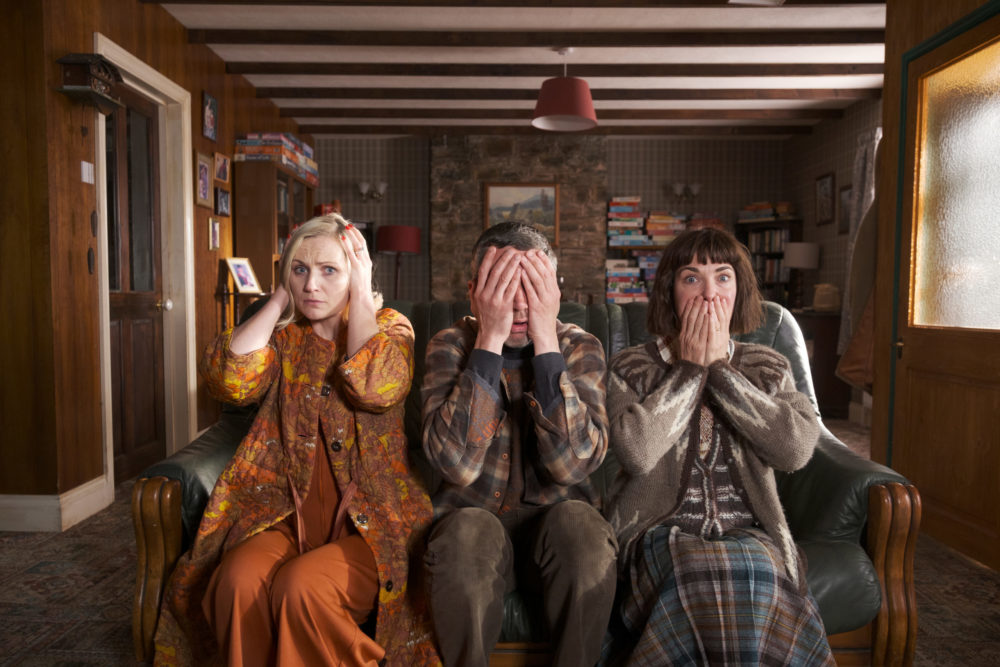
Watch Enid a Lucy, Dal y Mellt and Y Sŵn, even The Way, and you will find a penchant for the off-kilter, ironic, and darkly comic in Welsh drama. The spectral and otherworldly nature of realist pieces like Parch, Yr Amgueddfa and Gwledd also feel very representative of a certain aesthetic that continues into Pren ar y Bryn / Tree on a Hill. Such ingredients somehow work better when the Welsh language is weaved into them – something in its rhythm and pace and tone that differs from the English; that contains a sense of mystery and magic that forms part of the nation’s identity. In which case Pren ar y Bryn is recommended as the preferred watch. Though Tree on a Hill doesn’t miss out on so much that it can’t be just as enthralling.
Click here to watch either series (Welsh or English) on BBC iPlayer.

Gareth Williams

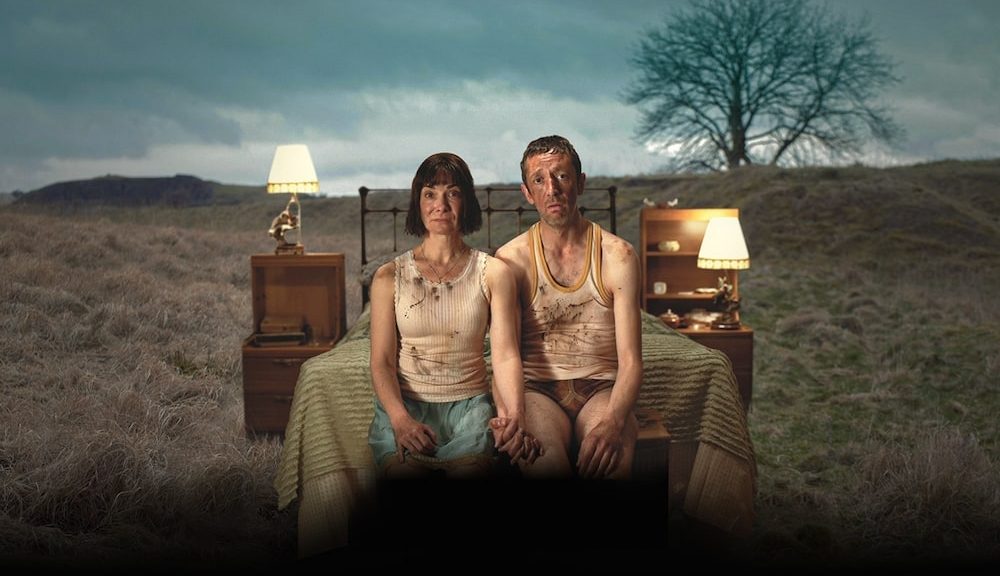
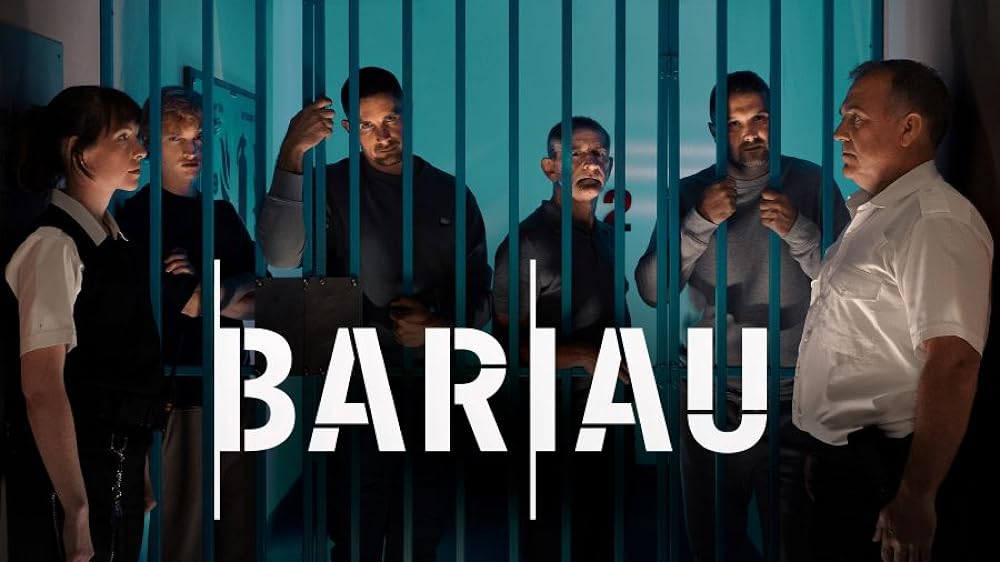

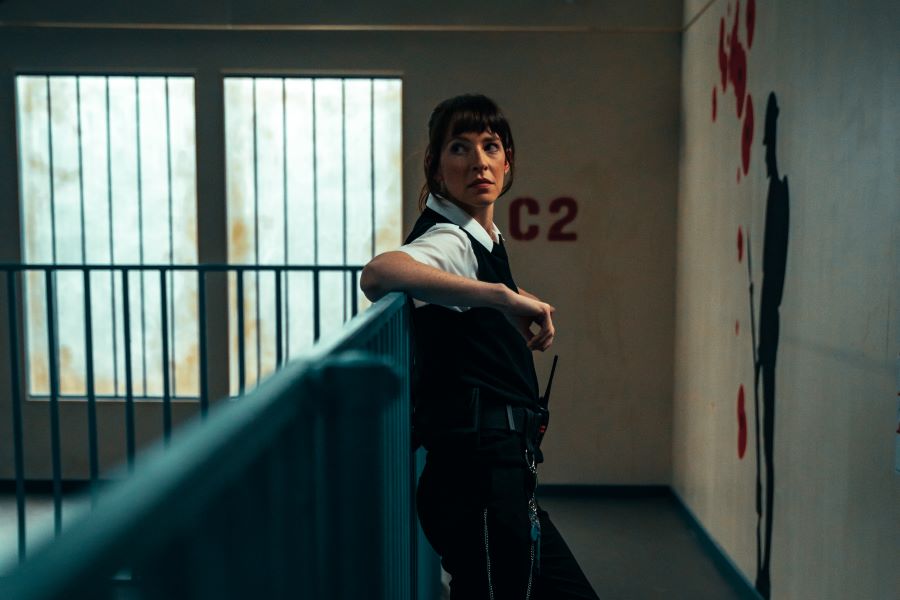
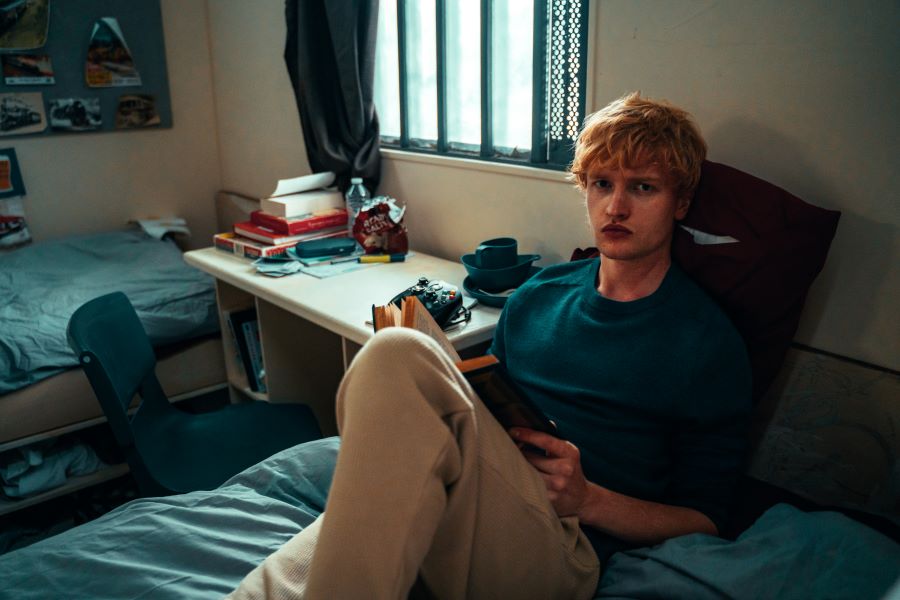
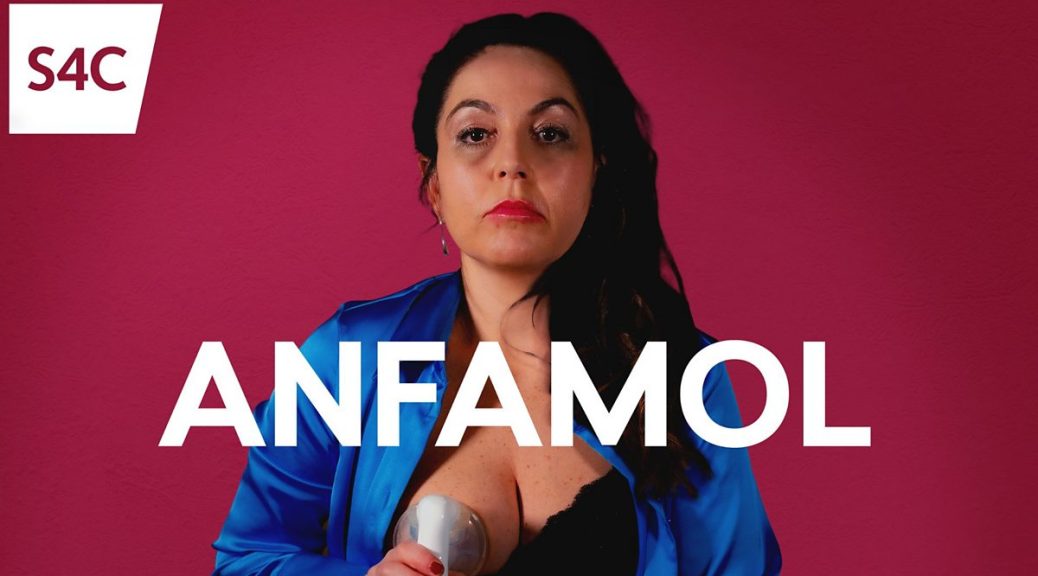
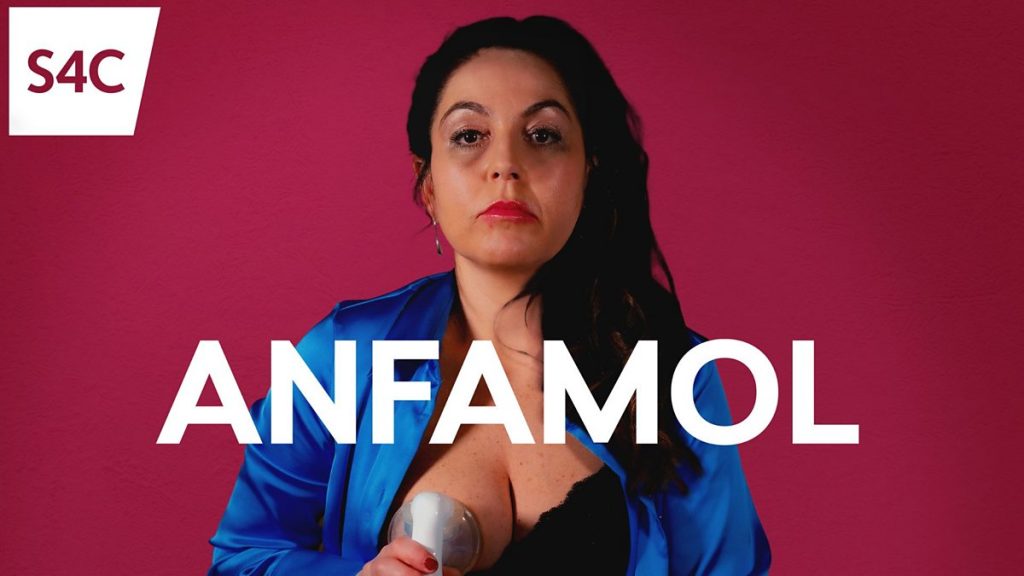
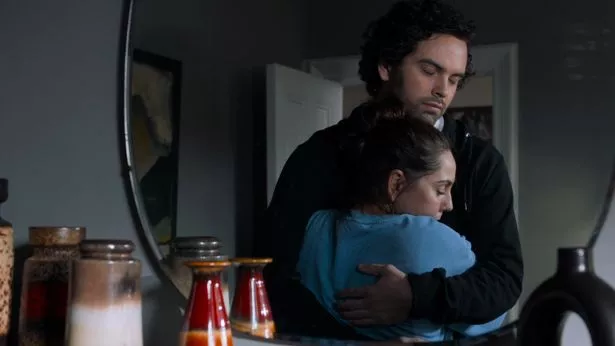
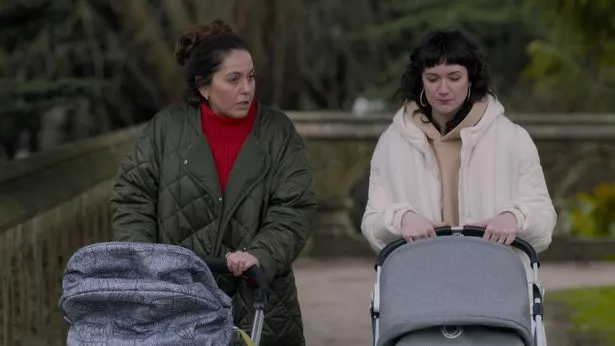




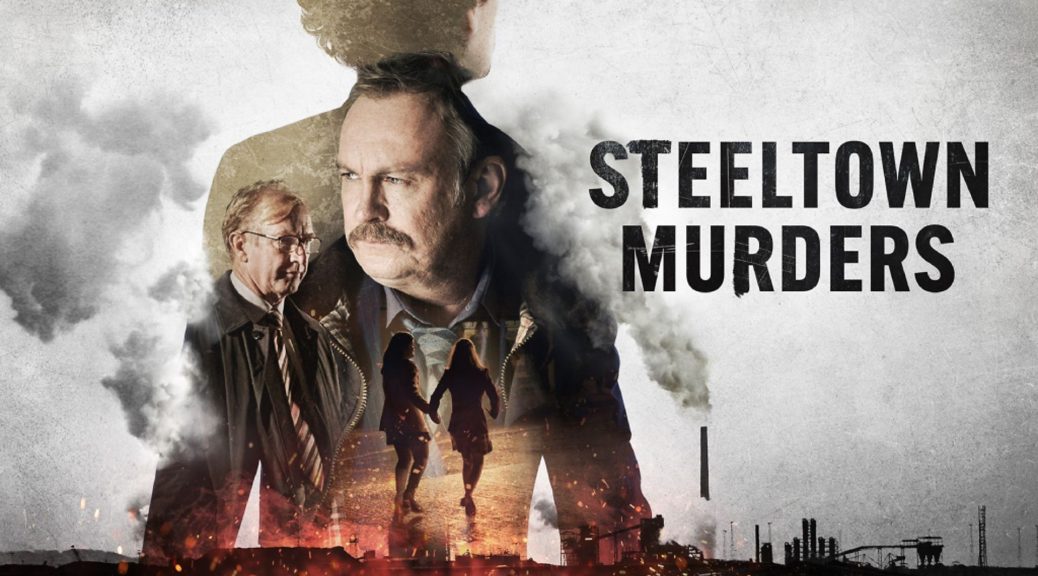
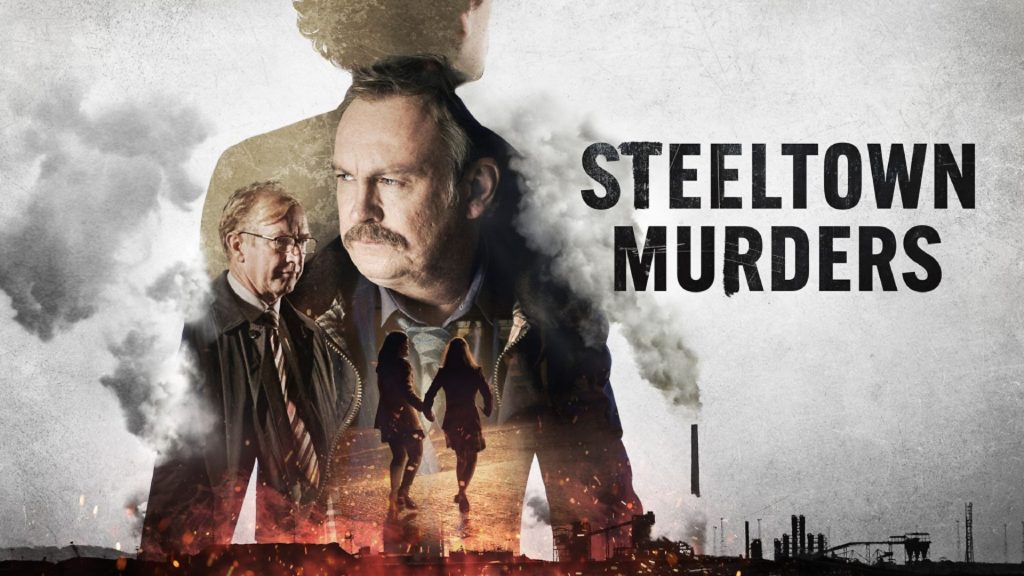


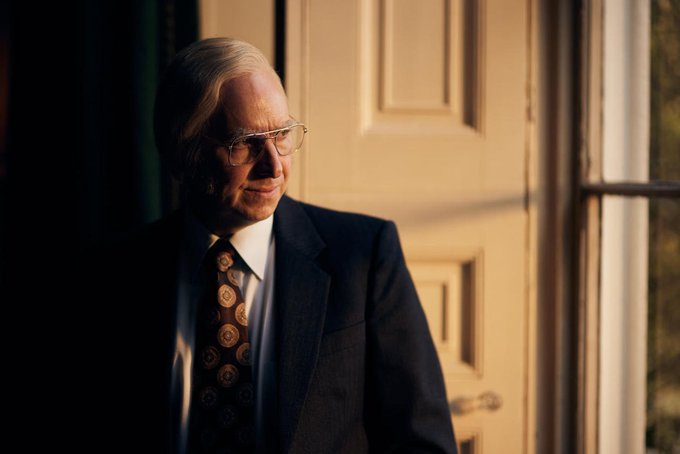
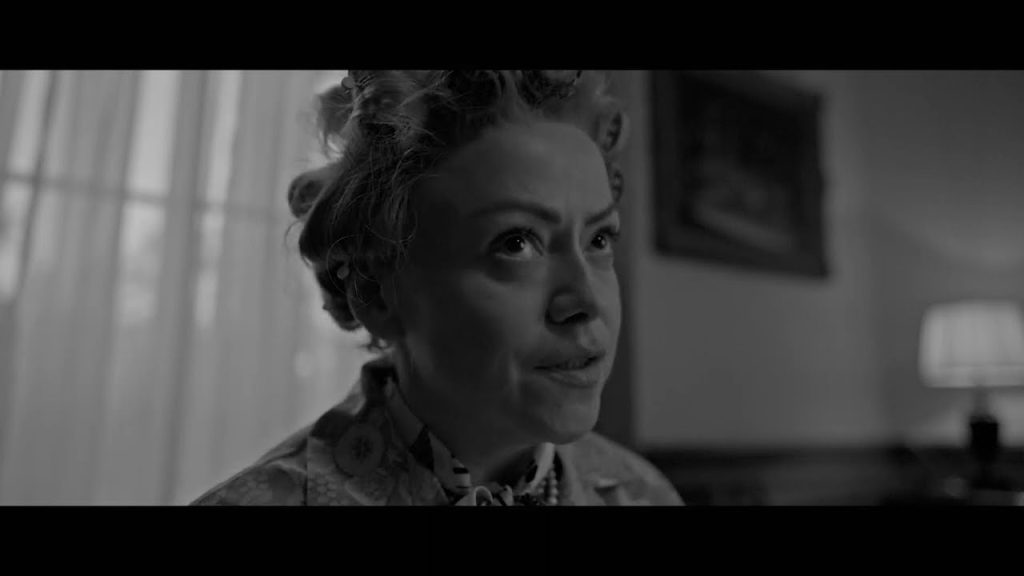

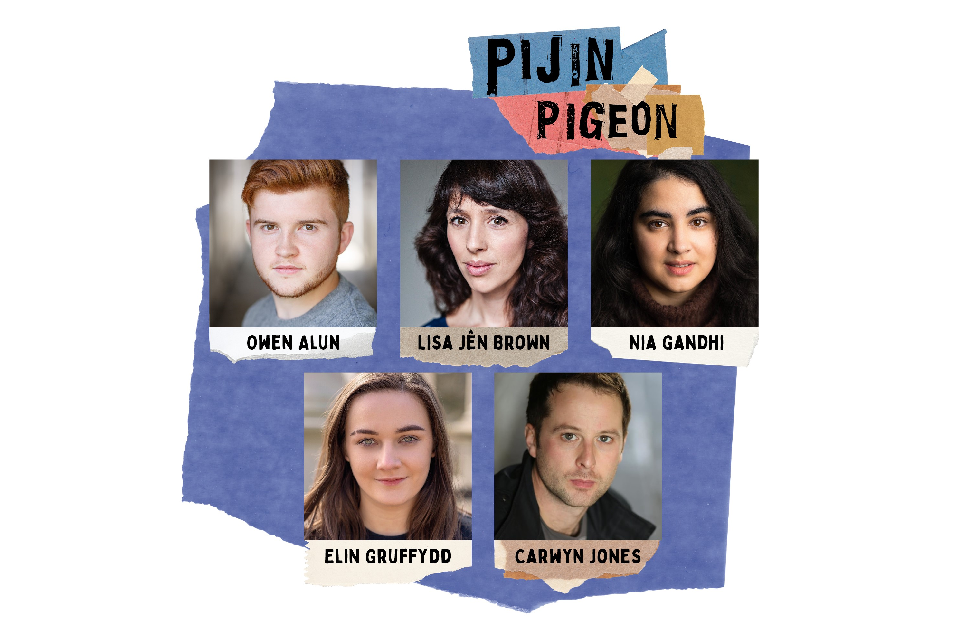
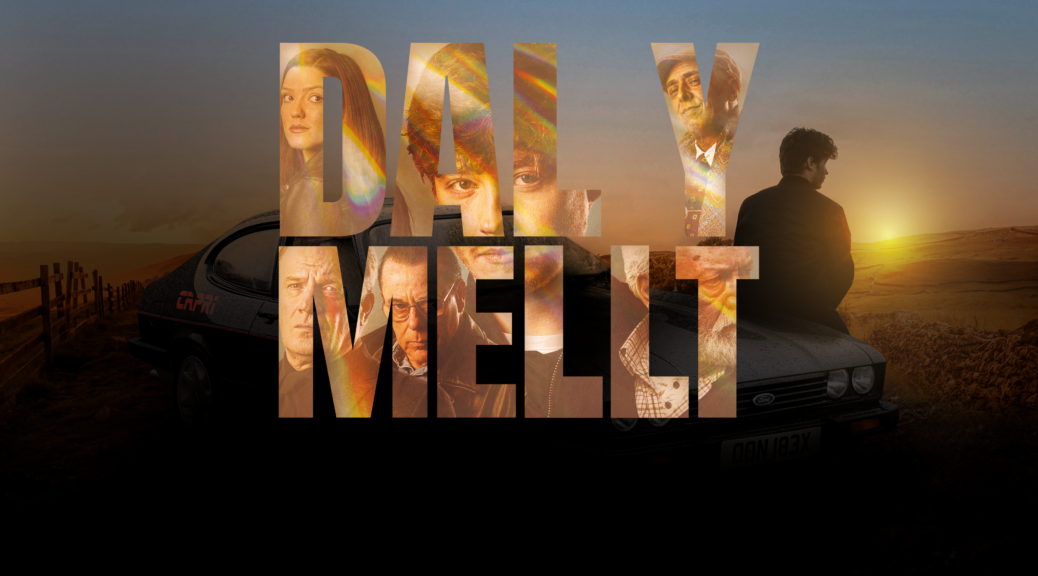
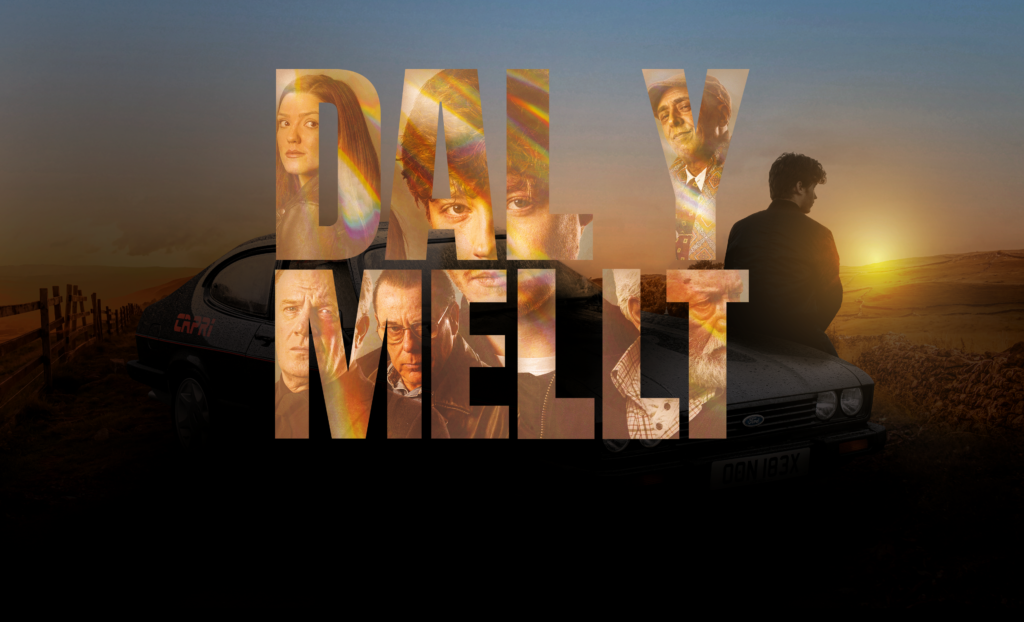
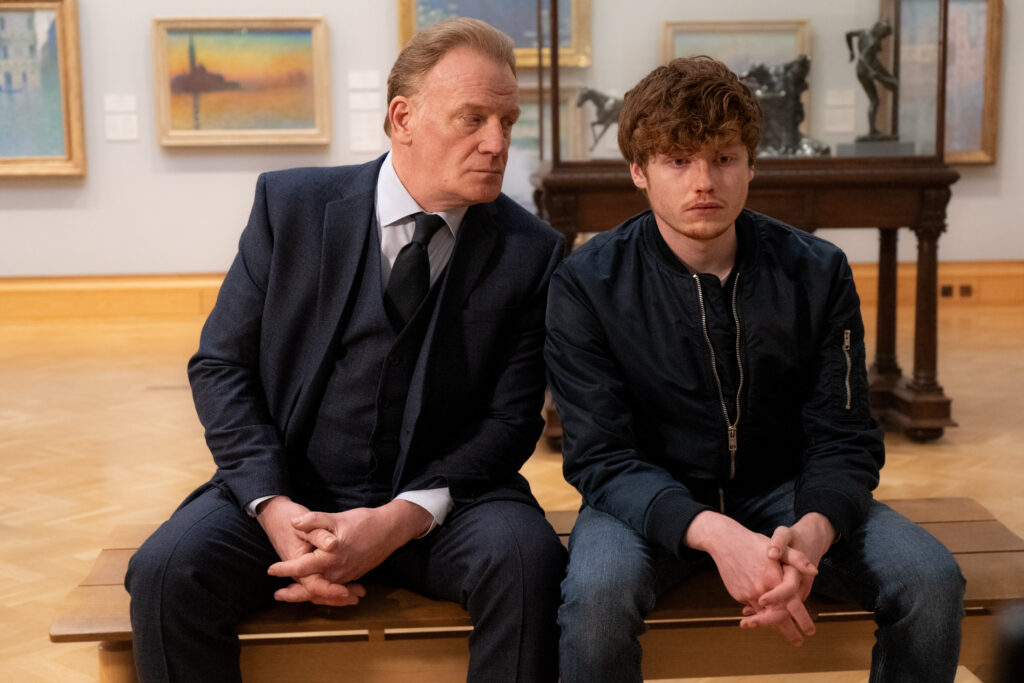

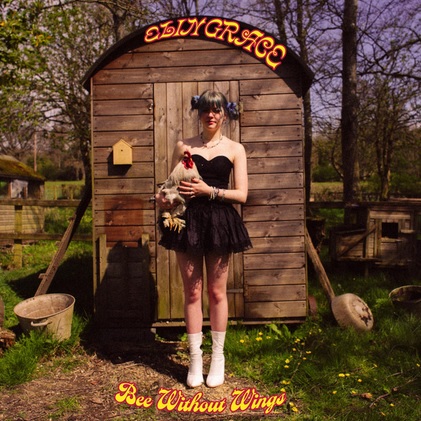
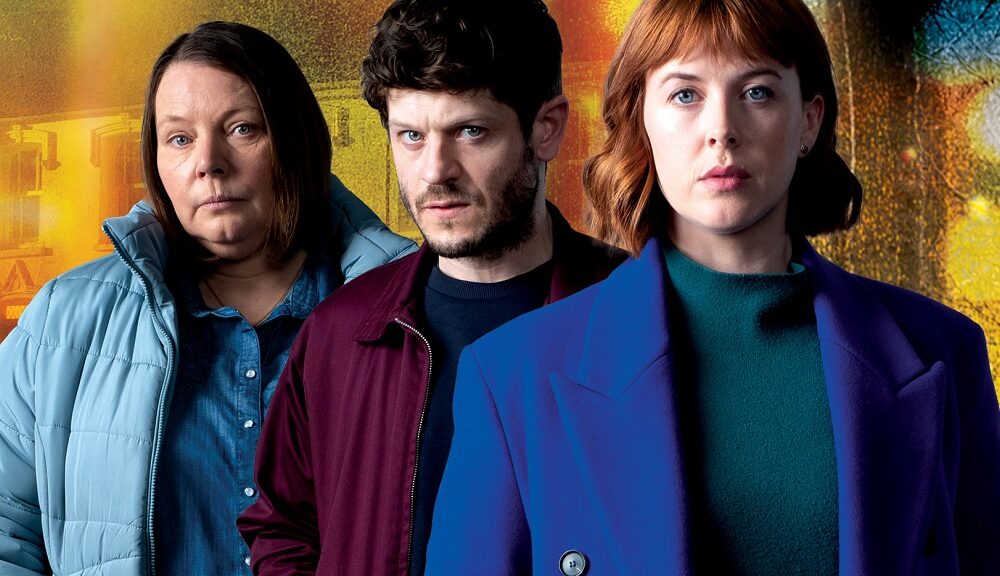
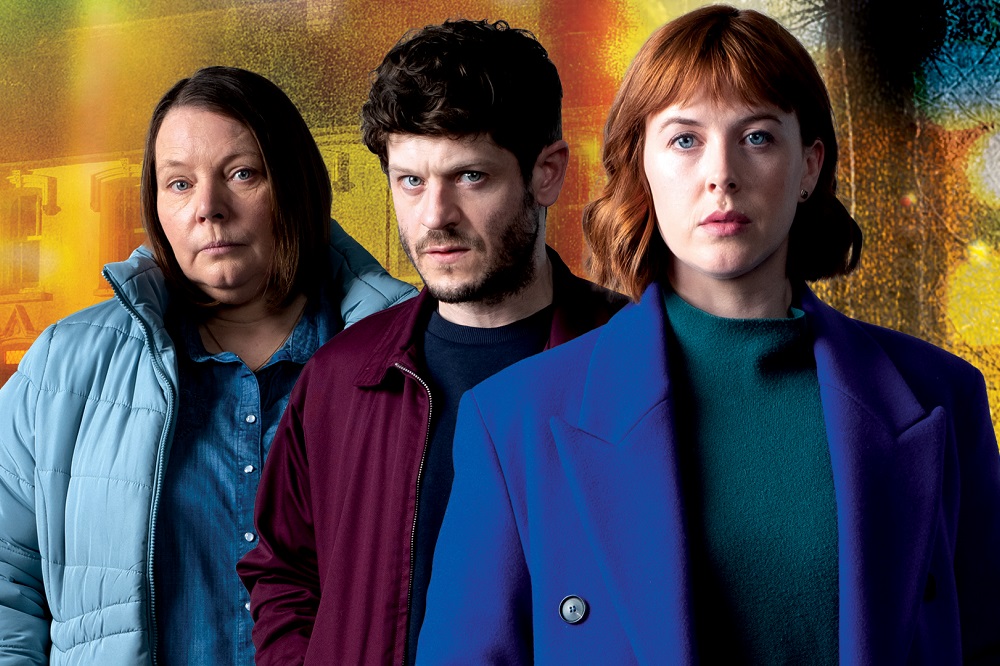
 (3 / 5)
(3 / 5)